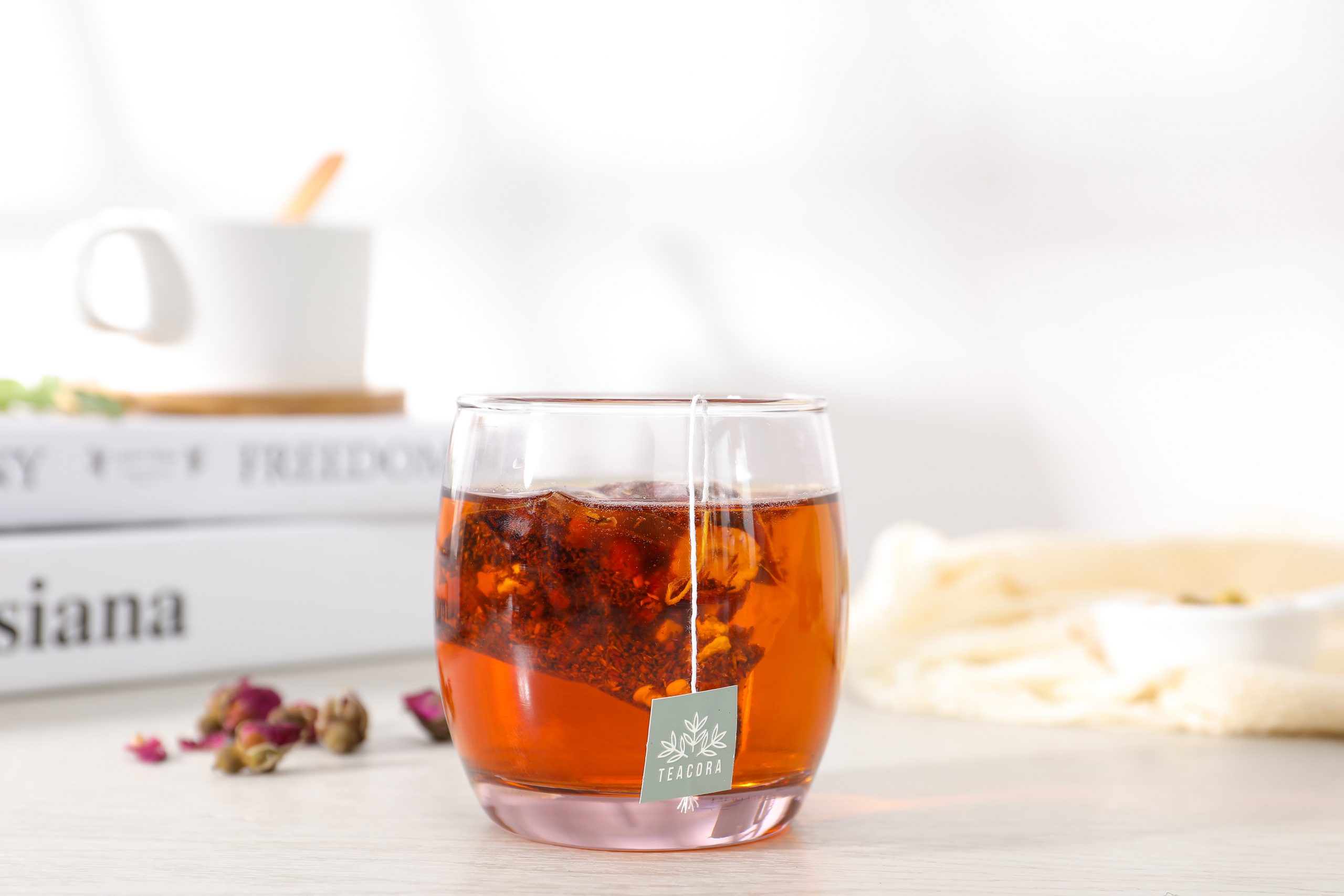
With the importance of looking after your gut health slowly becoming a trend on social media, we recently sat down with registered dietician, Kathryn Stewart from the Dublin Nutrition Centre to look at the importance of looking after your gut health and how people can start.
In order to avoid problems such as constipation, heartburn or even symptoms of irritable bowel syndrome (IBS), it’s important to look after our digestion and to eat and drink the correct foods.
Kathryn explained that having a healthy gut can help minimise health risks in the future risks of diverticular disease or colon cancer “including fibres in your diet can help to reduce the risk of colon cancer, reducing red meat intake as well and an increase in fruit and vegetables too”.
For those of you who want somewhere to begin Kathryn recommends trying to eat 30 different plant foods a week in your diet.
“I know that sounds like loads when people initially start- 30? Oh my gosh, I don’t even know 30 foods!- But that includes any herb spice. If you put pepper on your eggs, if you add mixed herbs in, if you add curry powder, if you add chilli. Every different herb and spice counts as one plant food.”
She also explains that bread is made from wheat which is a plant food: “So, like potatoes, bread, rice, pasta, different fruit and vegetables, and maybe not buying the same fruit and vegetables every week and kind of rotate and go for a variety of different colours as well.”

As Kathryn says including a wide variety of colours in your diet is a good way to support your gut, “not just going for the strawberries, apples, red peppers, tomatoes, having a variety of colours because they have antioxidant benefits within the body”.
Food can help with many different body symptoms such as bloating or constipation, Kathryn explains different ways foods can benefit us.
To reduce cholesterol or improving bloating symptoms you can increase your intake of fibre: “Soluble fibre is in things that you can add water, so chia seeds, lintels, porridge notes, you add water to them and they change”.
Fibre is great to relieve constipation, it is recommended to have a daily intake of at least 30g of fibre, you can get this from wholemeal bread, brown rice, fruit and veg, beans and oats but you can also get your fibre from fruit and vegetables too.
“If someone is constipated, two kiwis a day can help making sure that they’re drinking enough fluid and that they’re getting enough of the soluble fibre in versus someone who has diarrhoea might need to actually go lower fibre for a little while”.

Probiotics basically help feed the good gut bacteria and improve the balance of good versus bad gut bacteria. Probiotic foods help maintain this balance.
“Probiotics will be in bananas and onions and garlic, celery and those type of options”.
They can get quite expensive in the chemist so Kathryn recommends speaking to a good dietician or to ask the pharmacist if you think you might need a probiotic supplement before just choosing any one because there are so many different types and they all have different uses and benefits to them.

Now, if you are like us you have probably seen some teas floating around advertising that they can aid in improving your gut health. We asked Kathryn what was her expert opinion on this.
“Apart from peppermint tea, there’s nothing I’d be like, yes, definitely! That has got loads of evidence for helping with your gut health.”
“Peppermint tea has some evidence that it might help to reduce bloating and cramping. So that definitely is one that people might want to try if they do suffer from those symptoms and Chamomile tea makes sense if you’re stressed or anxious or maybe if you think your gut is just not good in a good place”
For those of you interested in improving your gut health but do not know where to start, we have you covered! Kathryn recommended starting with your current diet and seeing how close to the 30 plant foods you can get.
“Rotate and the fruit and veg that you eat. Whenever I was younger, all the fruit was oranges, apples and bananas on repeat, whereas there’s so many different fruits that may be coming to season, different months throughout the year, or different ones that could be tried, and they’ll have different benefits within the body”.

“There’s so much evidence for yoga in terms of improving gut health. And if someone had symptoms like bloating or constipation diarrhoea, often people with anxiety, constipation or diarrhoea might be one of their key symptoms, that they know that they’re feeling a little bit more anxious as well”.
“So any breath work, meditation and yoga, there’s a lot of evidence for that helping to improve gut symptoms as well”.
It is never too late to start looking after your body so why not try introducing some of these steps into your diet?




